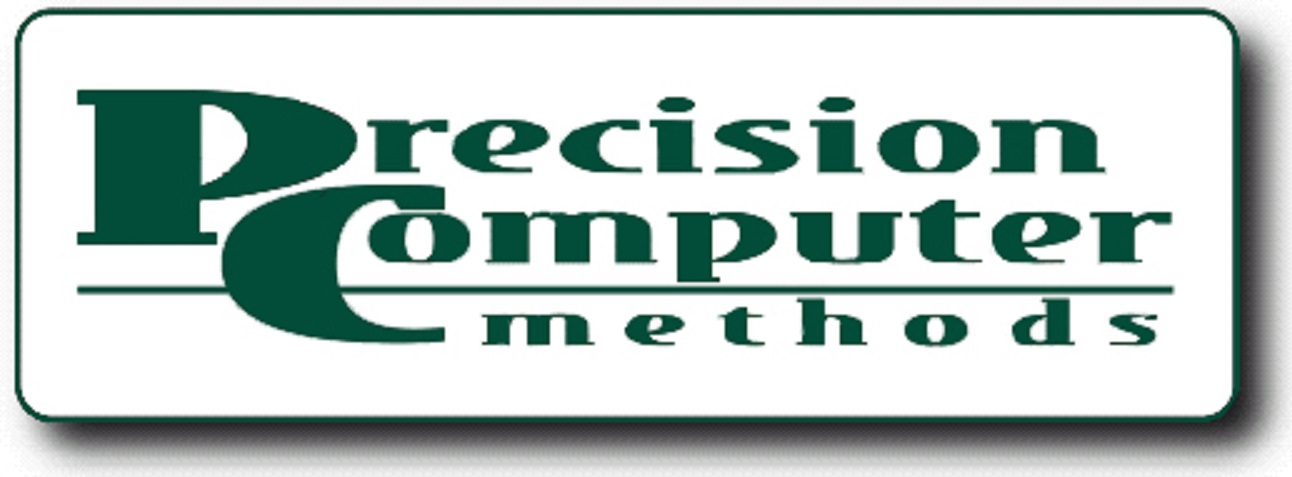Sample Process Metrics
Accounts Payable

For many businesses, tiny to medium-sized companies, QuickBooks has been THE go-to financial management tool for years. QuickBooks was launched in 1998 and quickly gained popularity among business owners, especially those lacking resources and employees.
What is QuickBooks?
Let’s take a deeper look at what QuickBooks does and how it helps millions of businesses worldwide.
First, it’s essential to know that “QuickBooks is the accounting and finance software of choice for more than 29 million small businesses nationwide.”1
“It is a full-featured business and financial management suite complete with tools for accounting, inventory, payroll, tax filing, invoicing, bank account tracking, reconciliation, expense management, budgeting, payment processing, and accounts receivable and accounts payable management.”2
QuickBooks is a one-stop shop designed for small businesses that don’t have sizeable in-house accounting departments or many employees to run the show, but there comes a time when QuickBooks may not be enough. How do you know if you’ve outgrown QuickBooks?
QuickBooks Benefits
First, it’s essential to understand the many benefits that QuickBooks offers.
Reliability. QuickBooks allows companies to perform most accounting functions independently, keeping employee costs low.
Compatibility. QuickBooks is compatible and can sync with many software platforms and apps.
Accessibility. QuickBooks allows you to connect on any device from a smartphone to a PC for 24/7 remote access.
Credibility. QuickBooks provides an accurate record of accounting functions for auditing purposes.
Trackability. QuickBooks provides easy-to-use reports and templates that record and report critical financial data.
Environmentally Conscious. There is no need for a paper trail with QuickBooks. All financial and accounting data can be conveniently stored and accessed when needed.
Usability. QuickBooks is user-friendly and easy to use and learn.
Affordability. QuickBooks is one of the least expensive options and offers additional options at affordable prices as your business grows.
Popularity. QuickBooks is well-known among accounting professionals around the world.
QuickBooks and Beyond
While there are many benefits to QuickBooks, there comes a time when a company realizes that they have outgrown QuickBooks and it can no longer fulfill its needs. How do you know when you’ve outgrown QuickBooks? Here are a few signs to see that it may be time to explore other options.
Storage limits. As businesses grow, many realize that they need more licenses and need to grant access to more users and that QuickBooks may be limited in fitting their needs.
Manual processes. While QuickBooks is great much of its functionality depends on manual processes, which can lead to data entry and human errors. If your business is booming and requires more attention, it may be time to explore other options.
Lack of customization. QuickBooks provides standard templates and many options that allow a business to function efficiently. As your business grows and needs more customization, QuickBooks can be lacking.
Manual processes. QuickBooks is great for small businesses, but as needs change and businesses grow, it lacks the automation to run efficiently.
Moving On From QuickBooks
While QuickBooks is the software of choice for many businesses worldwide, there comes a time when we learn that it’s time to move on. So, what are your options?
Luckily, accounting and financial software options have grown like wildfire since the days of QuickBooks and Quicken. There are many options on the market today to help you make your decision.
Here are five alternatives:
Finding the Right Option
With so many options available, choosing the right one can be daunting. At PC Methods, we value your business and want to understand the ins and outs so that we can offer the best solutions possible. Our commitment is to make your IT systems and business information systems, and entire infrastructure runs smoothly so you can focus on doing what you do best – running your business. We’d love to learn more about your business and your technology needs so that we can offer the right solution for you. Contact us today for a consult.
Accounts Payable
It’s well known that enterprise resource planning (ERP) software increases productivity and...